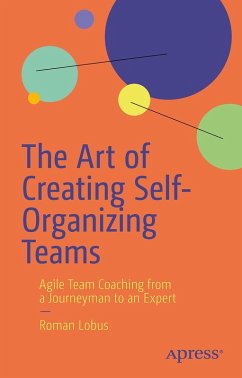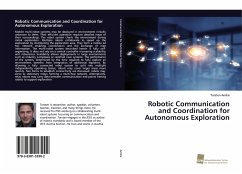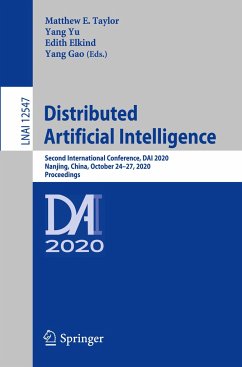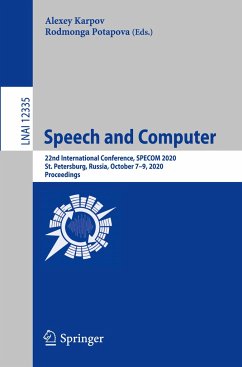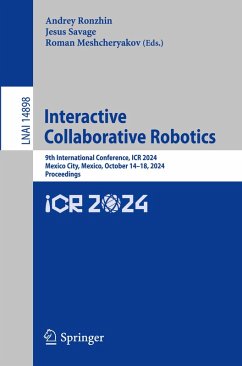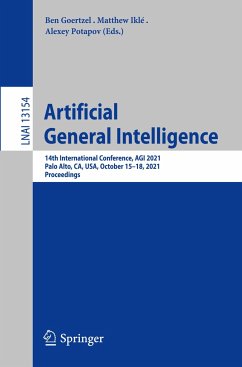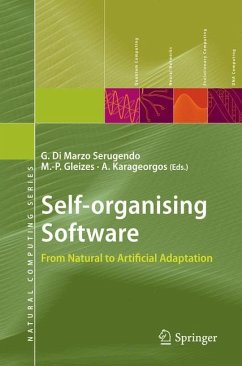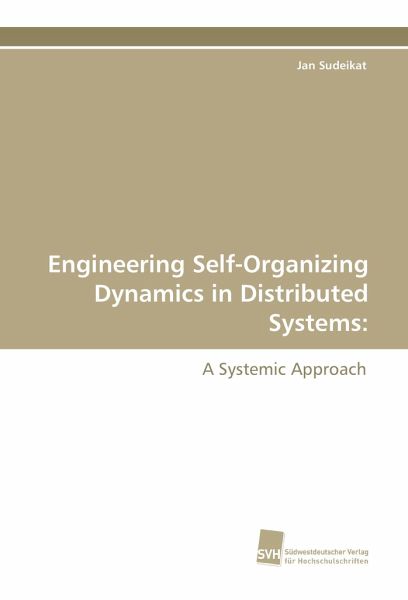
Engineering Self-Organizing Dynamics in Distributed Systems:
A Systemic Approach
Versandkostenfrei!
Versandfertig in 6-10 Tagen
59,99 €
inkl. MwSt.

PAYBACK Punkte
30 °P sammeln!
In self-organizing processes, the coaction of multitudes of system elements, which are by themselves autonomous, leads to the formation of global structures that are continuously and independently adapted to a changeable environment. The use of these phenomena in the development of distributed software systems is particularly attractive as it allows distributing flexible problem solving abilities for complex global problems among the basic system elements. Hence, these processes can be used as powerful means for the decentralized coordination of distributed systems. This dissertation proposes ...
In self-organizing processes, the coaction of multitudes of system elements, which are by themselves autonomous, leads to the formation of global structures that are continuously and independently adapted to a changeable environment. The use of these phenomena in the development of distributed software systems is particularly attractive as it allows distributing flexible problem solving abilities for complex global problems among the basic system elements. Hence, these processes can be used as powerful means for the decentralized coordination of distributed systems. This dissertation proposes a construction framework for self-organizing distributed systems - whereas self-organization is understood as the participation of system elements in decentralized, adaptive processes, as a supplement to the functional software system. This approach allows equipping applications with self-organizing features. A systematic development approach is enabled by the elevation of the adaptive, decentralized inter-agent process, which governs the self-organized structure formation, to an independent design element.



